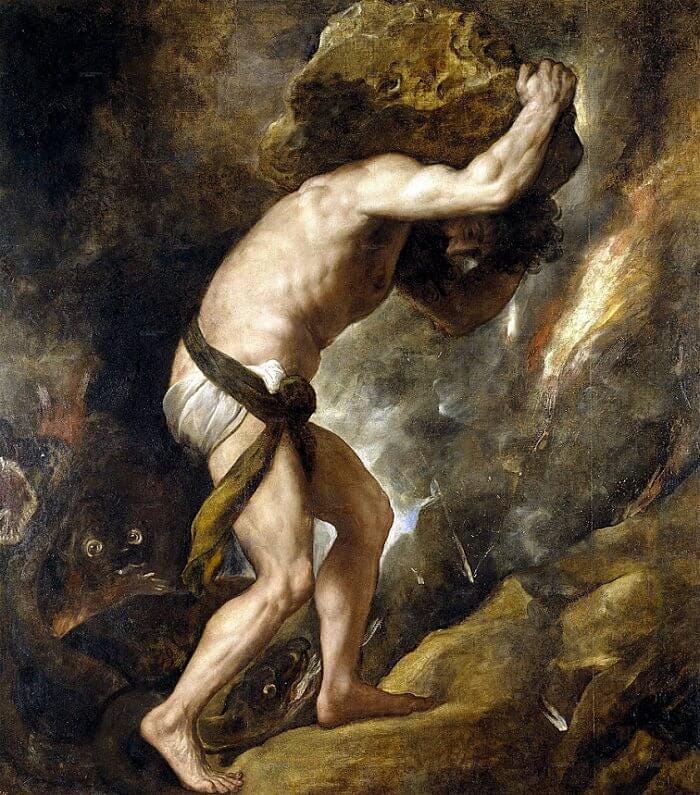There Is No Fate
from the Archives

Every now and then, I share an essay from the archives, an essay no longer available to free subscribers. For those who don’t know, all free essays on Homo Vitruvius — the Thursday creative flights — in addition to the four semi-accessible paid subscriber series, move behind the paywall into the archives after 3 months. That’s a long time for them to be freely available, I think. But I do believe that what I offer, creatively and intellectually, has value. I think it’s worth paying for if someone can afford it. So I offer periodic peaks into the vault and its deeper riches, frankly, in order to tempt you. (I’m a devil.)
This essay, just my fifth on Homo Vitruvius, way back in May, and a meaningful one to me for reasons you’ll see, resonates in many ways with my “Exit Interview” essay that I cross posted at ’s The Recovering Academic on Tuesday. It seemed just the right choice for a From the Archives offering this time.
There Is No Fate
If you believe what you rea…
Keep reading with a 7-day free trial
Subscribe to Homo Vitruvius by A. Jay Adler to keep reading this post and get 7 days of free access to the full post archives.


